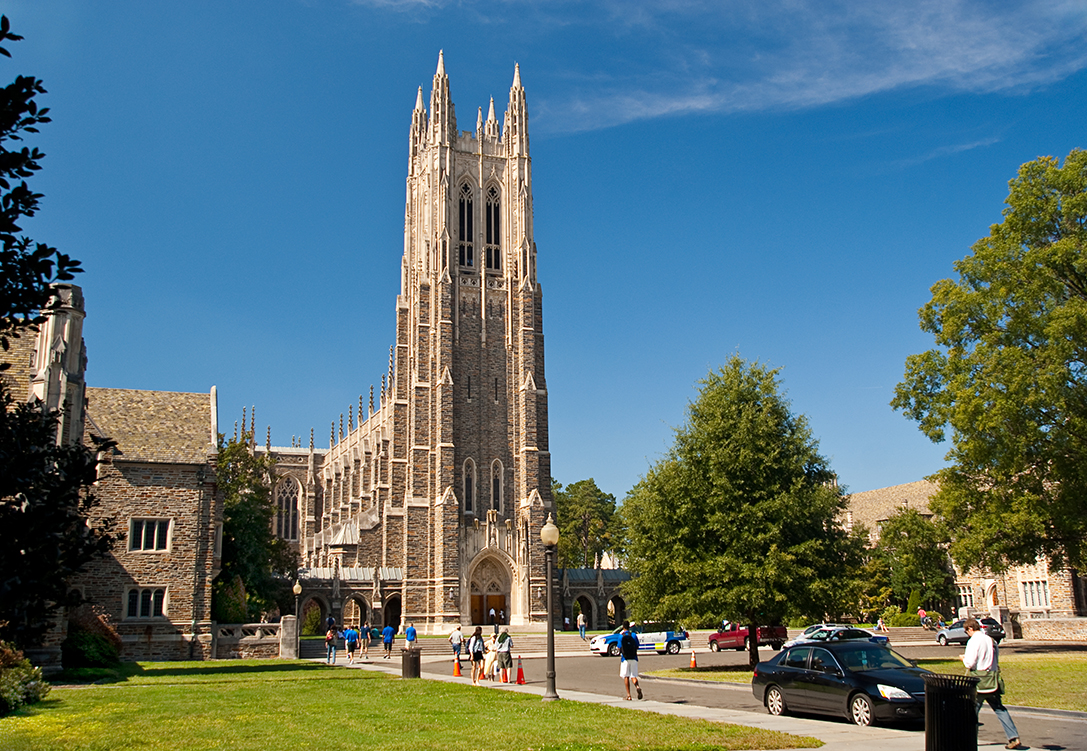In August 2021, the federal court approved a $19 million settlement on behalf of thousands of faculty members at UNC-Chapel Hill and Duke to resolve a class-action lawsuit alleging the two universities illegally colluded to avoid competing to hire professors and faculty members from each other, artificially suppressing salaries and employee mobility between the two institutions.
Lieff Cabraser and co-counsel filed the class action labor antitrust “no-poach” lawsuit against Duke University in May 2020, on behalf of Lucia Binotti, a Professor at UNC, and a proposed class of non-medical faculty at Duke and UNC, from 2001 through February 5, 2018. The lawsuit alleged a secretive agreement dating at least back to 1974 which was reaffirmed and policed by senior administrators of both institutions throughout the subsequent decades. The express purpose of the no-poach agreement was to suppress the pay of Duke and UNC faculty.
The $19 million settlement is part of an extension of a prior case Lieff Cabraser successfully litigated on behalf of Duke and UNC medical faculty. That case led to a certified class of all doctors of the two schools with academic appointments and a settlement of $54.5 million. Evidence revealed in that case demonstrated that the no-poach conspiracy extended beyond the medical faculty to include all faculty at the two schools. The new case thus sought to recover damages for the non-medical faculty who were excluded from the first case.
Though both settlements show hard proof that UNC and Duke are finally being held accountable for their actions, some commentators observe discrepancies in the settlement distribution allocations. The Daily Tar Heel reports that the differences in how much faculty were paid based on their tier strongly reflect the basic structural inequities that exist in higher education. Eric Ensley, a former graduate student and research assistant at UNC, exemplifies this, as he received just $2.68 from the settlement for a year of his work.
The reduced amounts that graduate and contingent faculty have received across multiple university employment lawsuits and settlements exposes how universities have failed to support their lower-level employees over multiple decades, even at the country’s most elite top-tier institutions.
Named Plaintiff UNC Professor Binotti said that she hears ongoing complaints about a lack of financial transparency from from Duke and UNC — something that she hopes her settlement might alleviate.
“I really think that this (settlement) contributes to make some of the things that go on at the faculty and administrative levels more visible and more transparent,” Binotti said.
Contact us
Use the form below to contact a lawyer at Lieff Cabraser.












